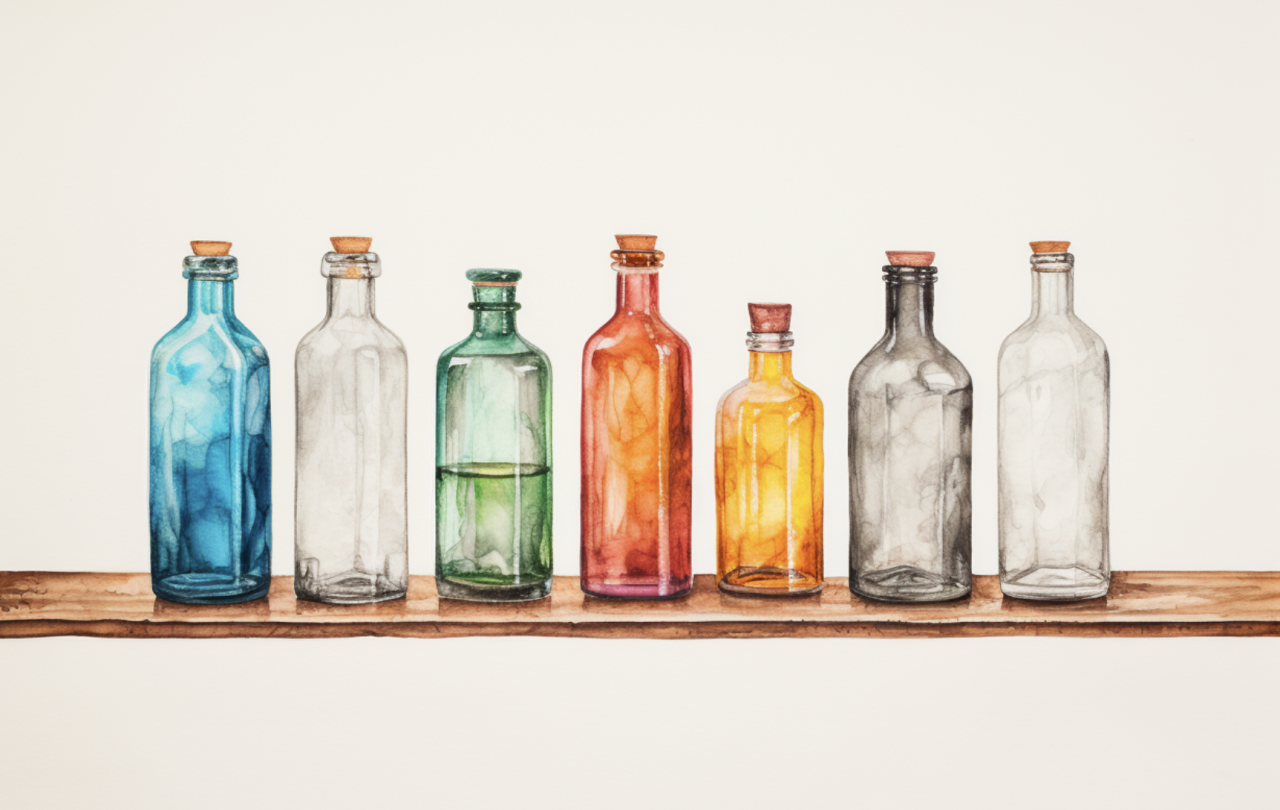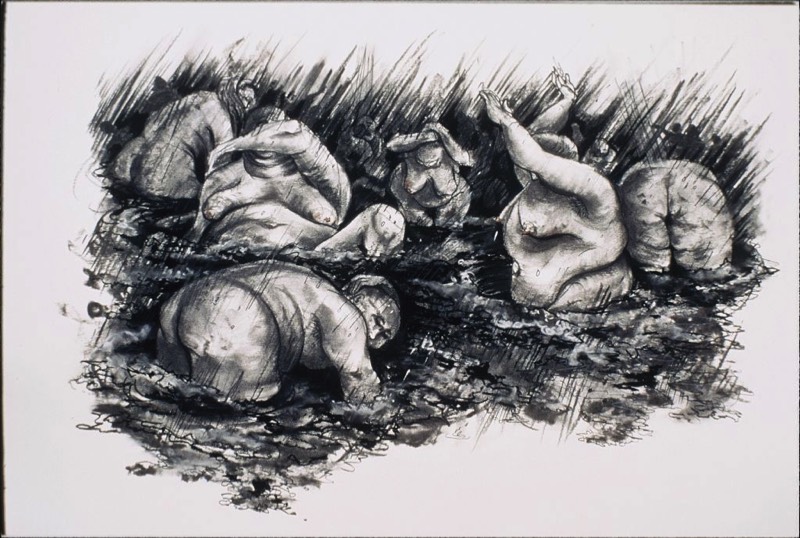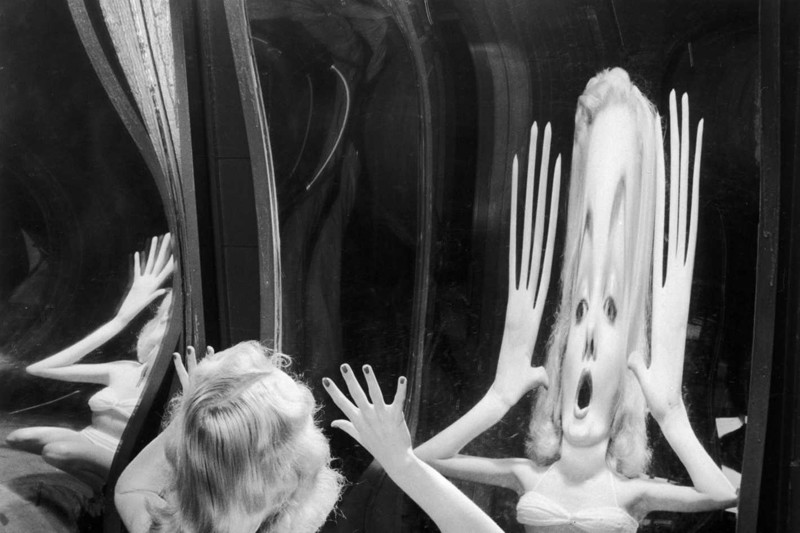
Why is it so hard to say you’re sorry? Over recent weeks we have watched the story unfold of Boris Johnson and the Downing Street parties, his disdain towards the Privileges Committee report suggesting he misled parliament, and his resignation as an MP, insisting he was the victim of a witch-hunt rather than saying he had made a mistake and owning up.
And it’s not just Conservative Prime Ministers. Tony Blair has never quite come clean to say it was a mistake to lead the UK into war against Saddam Hussain on the basis of faulty intelligence on weapons of mass destruction.
Church leaders don’t escape either. Too often in the past, abusers have been shielded and moved on, and when the avoidance is revealed, ways have been found to avoid simply saying sorry. And then we all know the kind of apology that goes “I’m sorry you feel that way” which of course is not an apology at all.
Saying sorry has always been difficult, but our culture seems to make it even harder. We may not conduct literal witch hunts any more, but we do metaphorical ones.
Confession is difficult. Try it sometime. Next time you make a mistake, resolve to come clean before your friends, your spouse, your partner, your team at work. Confess your sins. Not straightforward, is it? If you find it as hard as I do, then join the club.
Saying sorry has always been difficult, but our culture seems to make it even harder. We may not conduct literal witch hunts any more, but we do metaphorical ones. If you are found out to have said the wrong thing, admit you have changed your mind, or that you made a horrible mistake, you are likely to get accused of inconsistency, cancelled on social media, sacked from your job, vilified at the court of Twitter. It could mean losing your reputation, your job, your friends and, well, everything.
A line of books have come out in recent times, pointing out that we live in one of the most censorious of cultures. Andrew Doyle wrote a book called The New Puritans, arguing that identity politics and the social justice movement has spawned a quasi-religious form of cultural revolution, driven by claims to moral purity and tolerating no dissent. Similarly, Noah Rothman wrote The Rise of the New Puritans, identifying progressivism as a movement whose primary goal is to limit happiness.
They had a strong notion of divine grace which interrupts normal human processes, unlocks hard hearts and kindles new desires in twisted souls.
Yet perhaps the problem is not so much that we have become too much like the post-reformation Puritans, but that we are fundamentally unlike them. Puritans were a group of Protestants who first emerged in the 16th century, who wanted to ensure that Reformation in England was carried out thoroughly, broadly according to the agenda of John Calvin in Geneva, and not (as they saw it), half-heartedly. The word ‘Puritan’ was in fact invented by the group’s enemies, accusing them of a joyless obsession with purity, an insistence on keeping rules, confessing sins and avoiding pleasures. As always, caricatures tell half, or less than half, of the truth. Of course there were censorious and frowning Puritans, but they also had a profound and ambitious notion of grace and goodness alongside a nuanced moral ecology that we have largely lost.
The Puritans had a strong notion of the nexus of sin, confession, grace, forgiveness, absolution and the possibility of moral reformation. If your conscience tells you that you had done something wrong, you had best confess it sincerely to God (and possibly to other people as well), which would be followed by the promise of divine forgiveness, which in turn had the potential to bring about a deep change of heart and habit, so that the fault was not repeated again. They had a strong notion of divine grace which interrupts normal human processes, unlocks hard hearts and kindles new desires in twisted souls.
Now we have lost most of this. If you confess a sin in public, you are very unlikely to receive absolution in the court of Twitter or public esteem. The passing of time may mean people forget what you did and enable some rehabilitation, but forgiveness? Never. And if you think the likelihood of forgiveness is remote, what is the incentive for confession? You might as well brazen it out, pretend you’ve done nothing wrong, deny all charges, as the alternative is to see your career go down the tubes.
Moreover, we don’t tend to believe moral change is possible. A leopard never changes his spots, we say with a knowing look. Ex-offenders find it hard to find jobs with a criminal record behind them, and disgraced politicians are unlikely to find a way back into public life.
We are creatures capable of deep cruelty, malice and selfishness, but also that we are capable of kindness, grace and true humility - that spiritual and moral change is possible.
Now of course there are good reasons for our nervousness about this. Someone with a weakness for booze, sex or vulnerable children might never lose that tendency, and it’s often better to be cautious than to allow an abuser to abuse again. Yet at the same time, Christian moral theology has always held together in some tension a savvy awareness of the depth of human fallibility and self-deception, with a belief in the possibility of deep spiritual and moral change. Christian faith paradoxically holds at the same time the most pessimistic and the most optimistic view of human nature – that we are creatures capable of deep cruelty, malice and selfishness, but also that we are capable of kindness, grace and true humility - that spiritual and moral change is possible. It’s not always easy to spot the genuinely reformed character from the charlatan, but that is where wise discernment and character judgement comes in, holding the tension between naivete and cynicism.
Back in the day when more people went to church, they at least once a week had an occasion where they were invited to reflect on their sins of the past week, to confess them and receive absolution. That pairing is perhaps the key to the whole thing, and why saying sorry is so hard in contemporary life – because we have not only lost the ability to say sorry, we have also lost the ability to forgive.
Of course, it’s possible to go through the motions in church of saying you are sorry for your sins. It can be a means of ‘cheap grace’ as the German theologian Dietrich Bonhoeffer used to call it. But we are creatures of habit. Being forced to think back over the past week, the time you spoke to your kids in a harsh way, told a white lie to get out of trouble, or forgot to phone someone who needed help because you were just too busy, somehow alerts you to your own inner mess. Add to that the promise that a heartfelt confession will be met with the pronouncement of genuine pardon, then it makes it just a little easier to say an abject apology to someone else when you need to, not evading the truth, not excusing yourself, just saying you messed up and got it wrong, because you know what’s coming afterwards – forgiveness.
The dynamic of confession, forgiveness and the possibility of moral change doesn’t take away the need for shrewd judgement of character, but its loss arguably makes it much harder for us to say we are sorry, and are truly repentant.
Politicians, pundits and other public figures may find it hard to say sorry. And we are perhaps right to expect them to do so. But unless we learn how to forgive, then we will reap a harsh society where ‘sorry’ is not just the hardest, but the rarest word.







